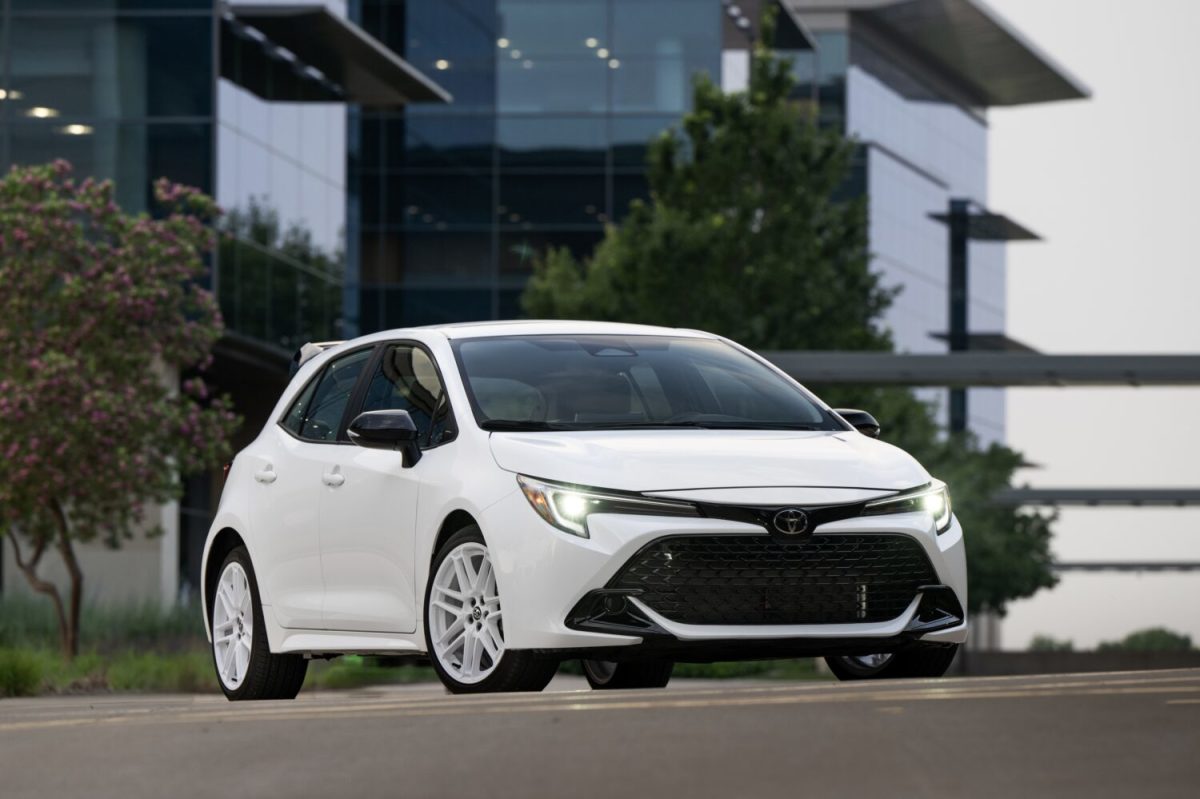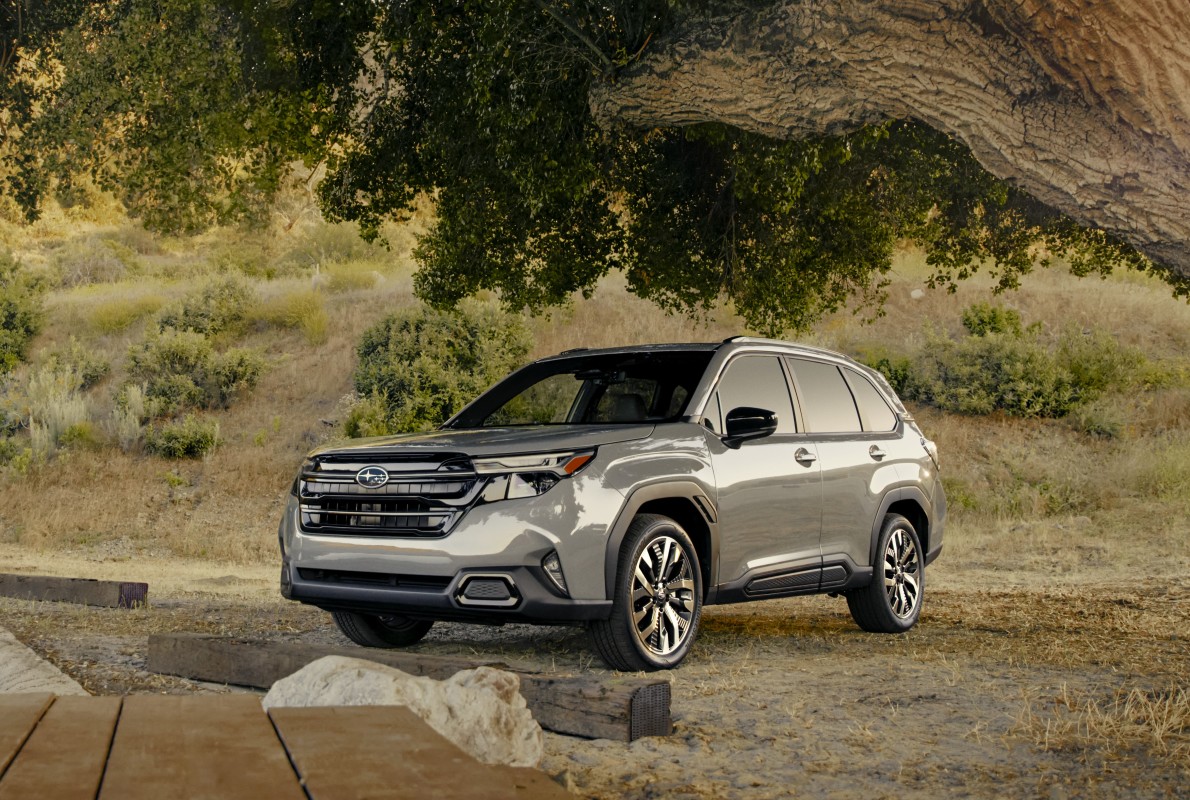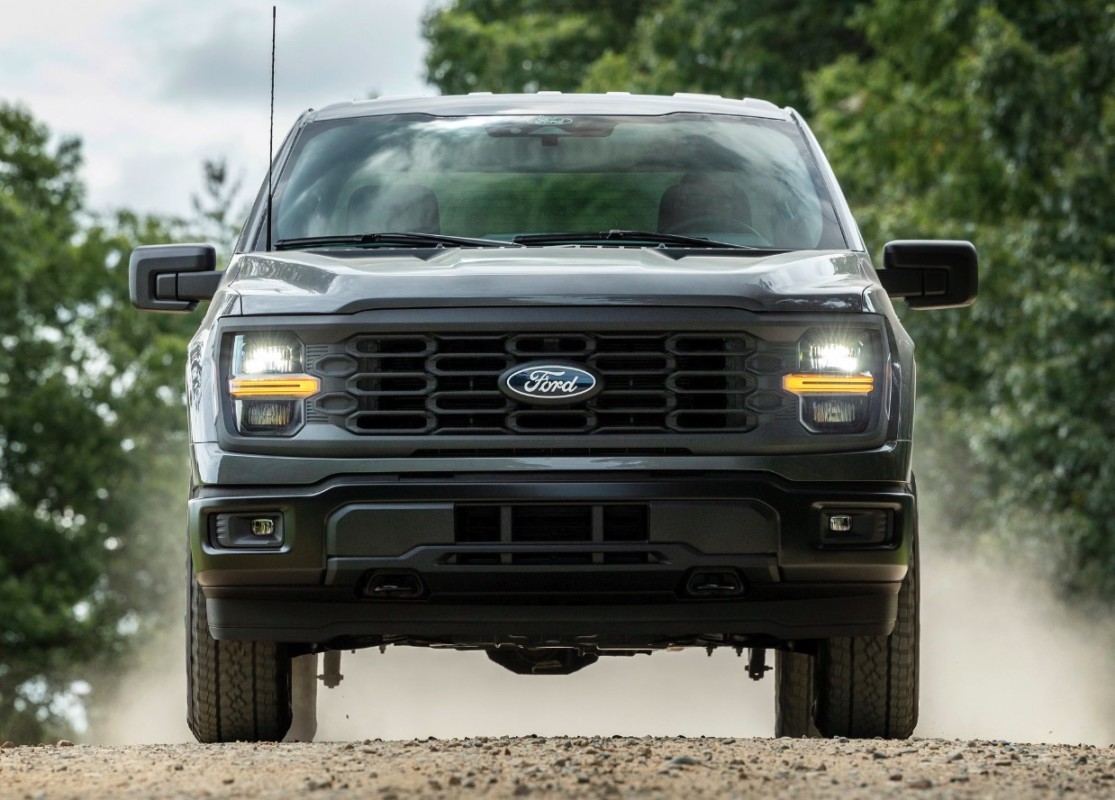Multiple factors have influenced how Americans shop for new cars
Brand loyalty in the automotive segment often takes decades to establish. After all, car purchases are one of the most significant financial decisions many of us make and are not to be taken lightly.
In the J.D. Power 2025 U.S. Automotive Brand Loyalty Study, the results indicate that the usual brands rank highest for customer loyalty. This is based on the percentage of customers who choose the same brand when purchasing a new car or trading in their old one. However, the effect of whirlwind market conditions has had a negative impact on overall brand loyalty across all nameplates. Here’s a closer look at the figures.
Toyota And Honda Lead Mass-Market Brands

Toyota
Now in its seventh year, the Brand Loyalty Study is based on transaction data from September 2024 through August 2025.
For the fourth consecutive year, Toyota ranks highest for loyalty among mass-market brands, with a 62% loyalty rate, slightly down from 62.5% last year. Stalwarts like the RAV4, Camry, and Corolla likely helped Toyota achieve this result.
Honda was second with a 55.5% loyalty rate, but the brand ranked highest for mass-market SUVs (62%), something the strong-selling CR-V no doubt contributed to. Subaru was next for mass-market SUVs (60.6%).

Subaru
For premium car brands, Porsche (58.2%) was first, followed by Mercedes-Benz (49.7%). Lexus (57.4%) topped the premium SUV category, with BMW (54%) in second place. Finally, Ford unsurprisingly came out on top for truck brands with a 66.6% loyalty rate, the highest rate in the study. Toyota was next, at 61.2% for its trucks.
“Brand loyalty matters to vehicle buyers because it’s often associated with higher residual values, making vehicles from trusted brands a more financially sound choice over time,” said Tyson Jominy, senior vice president of data & analytics at J.D. Power.
Tariffs Impact Overall Brand Loyalty

Ford
In last year’s study, automotive brand loyalty was at 51%, but it has declined to 49% this year. According to Jominy, loyalty typically declines when buyers move to a new vehicle segment. “Changing market conditions, such as increased availability of models, varying age of products, and aggressive incentive offers, have also brought brand loyalty back below 50%,” said Jominy.
It’s easy to see how tariffs play into this. The typical price of a new car is almost $2,000 more thanks to tariffs. Many automakers have responded with aggressive incentives, and these could easily tempt buyers to go for the best deal, not necessarily their preferred brand, which drives down brand loyalty.
There has been some reprieve from initially higher tariffs, though. In September, U.S. tariffs on Japanese cars and parts were reduced to 15%, down significantly from 27.5% previously. This will place even greater pressure on European brands, which is why companies like Volvo are planning to produce more cars locally.
For manufacturers with a large EV portfolio, the effect of the federal tax credit falling away at the end of this month will likely also have an effect on brand loyalty.
In the midst of all these changes, it's advisable to look beyond your favorite brand when shopping for a new car right now, as there could be a hugely attractive deal from a brand you wouldn't previously have considered.


